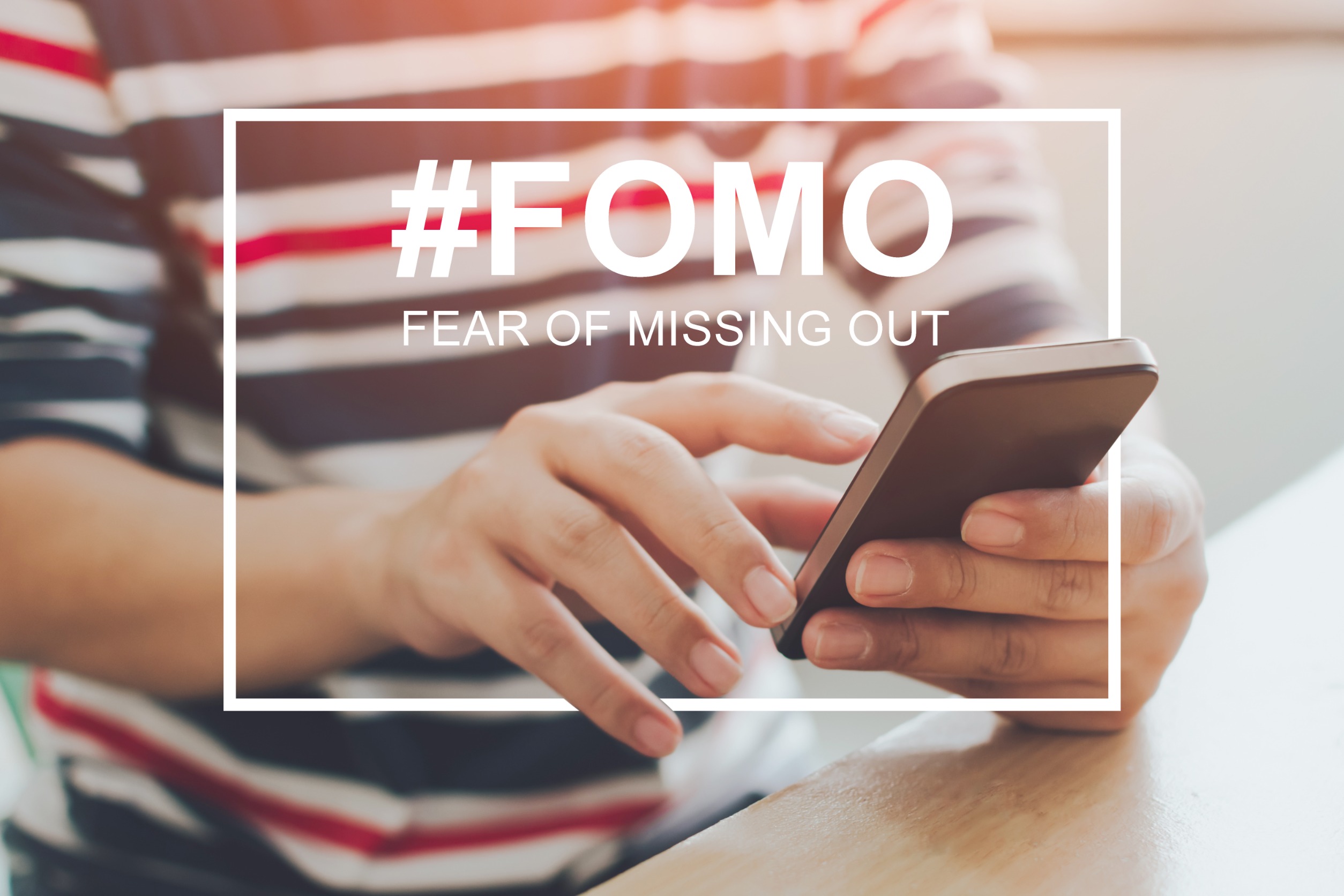
We rolled our eyes at the time, swore we’d never dress that way again, and insisted we were totally over it—but deep down, there’s a soft spot in our hearts for those unforgettable teenage trends. Whether it was the fashion, the music, or the slang, those moments helped shape who we were and how we connected with friends. Now, watching our own kids go through their “phases,” we can’t help but feel a little nostalgic. Because let’s be honest—some of those cringeworthy trends were actually pretty fun. So here’s a look back at ten teen trends we secretly miss, even if we’ll never admit it out loud at the dinner table.
1. Dressing in Head-to-Toe Black
Ah, the moody teenager uniform. Black jeans, black eyeliner, black nail polish—and maybe a chain wallet for extra drama. It was less about fashion and more about identity. Dressing in all black made us feel deep, mysterious, and like no one else could possibly understand our complex souls. Secretly, it was comforting to feel so sure of who we were, even if it was just for that one semester.
2. Creating the Ultimate Mixtape
Before Spotify playlists, there was the painstakingly curated mixtape. Burning CDs or recording cassettes took serious effort and meant something special. We’d agonize over the song order, write out the tracklist in glitter gel pen, and gift it like a treasure. Music was how we expressed feelings we didn’t know how to say. And honestly, getting a mixtape from a crush? Peak romance.
3. Obsessing Over That One Band
Whether it was *NSYNC, My Chemical Romance, or Nirvana, we all had that band we would have defended with our lives. Posters on every wall, lyrics scribbled in notebooks, and enough band merch to fill a drawer. That deep fandom gave us a sense of belonging. And while we moved on from the haircuts, the songs still bring back big feelings.
4. Writing Cryptic Away Messages
AIM away messages were our early version of subtweeting. “I’m fine. Don’t ask.” or “You’ll miss me when I’m gone” let everyone know we were feeling dramatic—but also kind of poetic. We didn’t know it at the time, but we were practicing self-expression in real time. And checking someone’s away message? That was basically stalking, 2004-style.
5. Plastering Lockers with Magazine Cutouts
Back when Tiger Beat and Seventeen reigned supreme, our lockers were shrines to teen idols. Justin Timberlake, Buffy, and Avril Lavigne stared back at us in pixelated glory. Every sticker and cutout told the world who we were that week. It was DIY self-branding before Instagram existed. And every time the bell rang, we got a boost from our personalized pop culture wall.
6. Matching With Your BFF (On Purpose)
Remember those “best friend” necklaces or color-coordinated outfits with your bestie? It might sound cheesy now, but at the time, it was the ultimate show of loyalty. Whether you both rocked flared jeans and butterfly clips or had matching screen names, it felt like the whole world knew you were a duo. Friendship looked a little extra—and we kind of loved it that way.
7. Spending Hours on Your “Top 8”
MySpace drama was no joke. Choosing who made it into your Top 8 was a political move that could make or break a friendship. We took our digital profiles very seriously, with custom layouts and embedded songs to show off our vibes. It sounds silly now, but curating that space taught us early lessons in social signaling and personal identity. And secretly, we still kind of wish Facebook let us rank our friends.
8. Writing in Code in Your Diary
Journaling was never just journaling. We’d write entire pages in abbreviations, song lyrics, and inside jokes no one else could possibly understand. It was therapy with glitter pens. We poured our hearts into those diaries, confident they held the secrets of our teenage souls. Losing one felt like the end of the world—because it kind of was.
9. Layering Every Accessory at Once
More was more. Bracelets up to our elbows, chokers, belts we didn’t need, and sparkly barrettes we wore all at once. It was chaotic, expressive, and gloriously over-the-top. We weren’t trying to look cool—we were trying to look like ourselves. And looking back, that confidence in going all-in was kind of admirable.
10. Living for Friday Night at the Mall
Before cell phones tracked our every move, the mall was our weekend haven. We didn’t even need to buy anything—we just wandered, people-watched, and grabbed pretzels with our crew. It was our version of freedom, a mini social universe where we made memories. And even now, passing by a Claire’s or an old photo booth brings back that buzz.
The Nostalgia We Didn’t Know We Needed
Trends may come and go, but the emotions behind them stick with us. These teen trends we secretly miss weren’t just quirky phases—they were milestones in figuring out who we were. They helped us explore identity, friendship, and self-expression in messy, creative, and heartfelt ways. And while we might roll our eyes at what today’s teens are into, deep down we remember what it felt like to be in their shoes.
Which teen trend from your past do you secretly miss the most? Share your nostalgic favorites in the comments!
Read More:
Yes, I Love My Kids—But I Miss Who I Was Before I Became a Parent
9 Warning Signs Parents Often Miss Until It’s Too Late
Catherine is a tech-savvy writer who has focused on the personal finance space for more than eight years. She has a Bachelor’s in Information Technology and enjoys showcasing how tech can simplify everyday personal finance tasks like budgeting, spending tracking, and planning for the future. Additionally, she’s explored the ins and outs of the world of side hustles and loves to share what she’s learned along the way. When she’s not working, you can find her relaxing at home in the Pacific Northwest with her two cats or enjoying a cup of coffee at her neighborhood cafe.

















